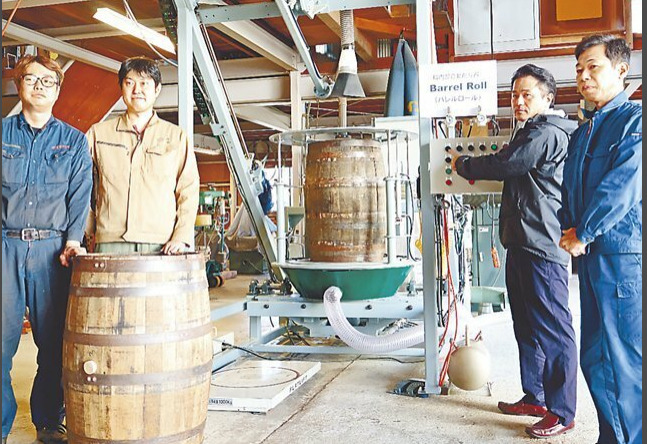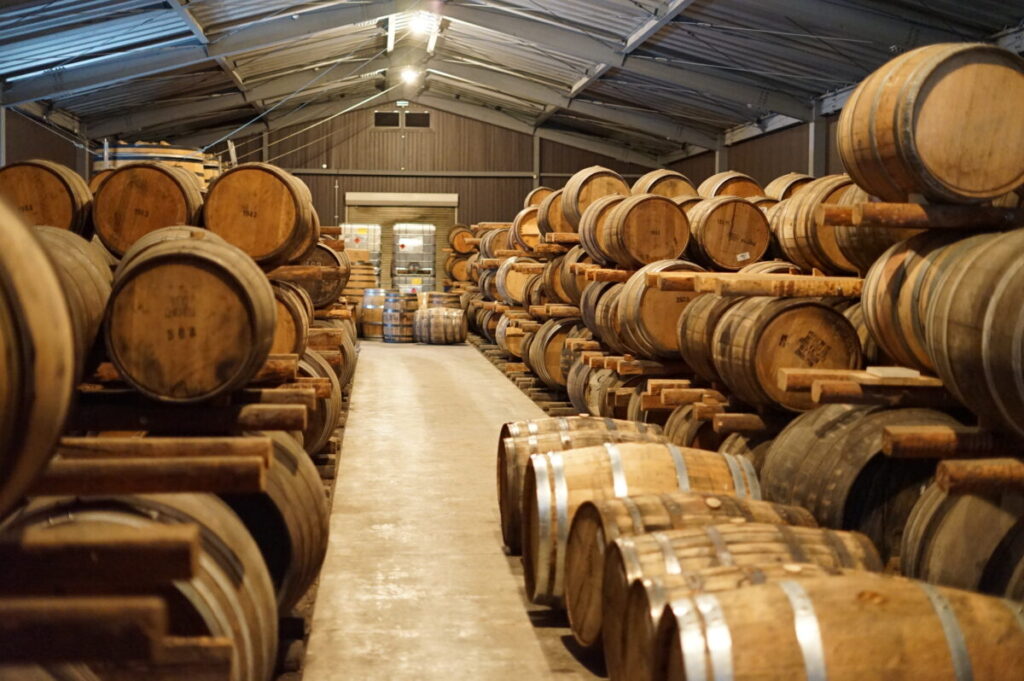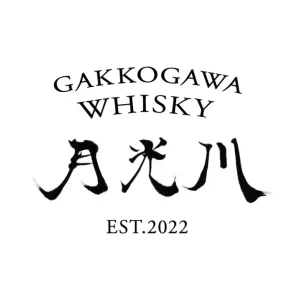It is estimated that there are currently only about 50 barrel makers, known as coopers, in Japan.
In these days of craft whisky warfare, whisky barrels are one of the three indispensable sacred weapons.
Many companies are suffering from a shortage of barrels because the supply of whiskey barrels, which are made by hand, cannot keep up with the increased demand.
To overcome this situation, Shimada Lumber, Wakatsuru Brewery, and Sato Ironworks developed the “Barrel Roll,” a machine that automatically scrapes the surface of whiskey barrels
They developed the “Barrel Roll.”
1.Shimada Lumber.
Mainly engaged in forest management, log production and whisky barrel production.
| Name of company. | Shimada Lumber Co. |
| Location. | 1755, Nanto, Tomi⼭shi, 932-0231, Japan. |
| Establishment | 1948 (Company established in 2008) |
| Chairman and Representative Director | Katsuyoshi Shimada |
| President | Yuhei Shimada |
2.Sato Ironworks
Repairs and manufactures industrial machinery and components.
| Name of company. | Sato Ironworks Ltd. |
| Location. | 735 Kamijima, Tonami, Toyama 939-1337 |
| Founded | 16 January 1985 |
| Representative | Seishu Sato |
3.Wakatsuru Brewery
Wakatsuru Brewery, which operates the Saburomaru distillery, is a brewery with a very long history in Hokuriku, having started sake production in 1862 in Saburomaru village, Tonami County, Toyama Prefecture.
After the end of World War II, in order to break the deadlock, the company conducted its own research into distilled spirit production and obtained a licence to produce whisky in 1952.
For more detailed information on the distillery, click here↓.
4.Barrel rolling
Until now, the inside of the barrel has been scraped manually, which would conventionally have taken half a day.
The work time has been drastically reduced to 15 minutes.
This will enable a significant increase in the number of barrels produced, and will help to solve the shortage of barrels, which is becoming more serious due to the popularity of domestic whisky.
In 2017, Shimada Lumber started an initiative to re-use old whisky barrels in a barrel workshop jointly run with Yamazaki Komuten (Yamami and Iba, Nanto).
Old casks, so-called first, second and third fill, gradually lose their influence on the taste and flavour of whisky.
The surfaces of these old casks are scraped and re-tempered to regenerate the flavour and are then used or re-sold.
It is cheaper than new ones and gaining in popularity, but due to the manual process, processing of two casks a day was the limit.
To meet the growing demand, the company started mechanising the process with Wakatsuru Brewery and Sato Ironworks, with whom it has a close relationship.
They spent two years developing the barrel roll.
The barrel roll is 2.7 metres high, 1.6 metres wide and 2.2 metres deep.
An attachment holds the barrel in place and an electric tool automatically scrapes the surface.
The barrels can be installed at an angle, which eliminates shavings and makes it easier to check the quality of the product.
The company is currently applying for a patent and aims to export the system to the USA, UK and other countries.
Yuhei Shimada, president of Shimada Lumber, said, “We hope to meet the growing demand for whisky barrels”.
Reference: Kitanihon Shimbun
5.Summary.
Up until now, in order to reprocess used barrels, they had to be sent to a processing company, who would then manually re-charnish them and send them back, but perhaps from now on it will be possible to reprocess barrels in-house after receiving certain lectures.
However, it is also true that both the shaving and recharging of casks is the work of craftsmen.
While it is good that mass production will become possible, we are also concerned about how this will affect the industry.
A number of state-of-the-art equipment dedicated to recharging is in operation in the authentic Scottish ‘Speyside Couparage Alloa’, which was automated ahead of 2013
Environmentally friendly, locally produced and locally consumed whisky will promote rural regeneration and lead to employment and revitalisation.
The world is now also developing hydrogen-based distillers with the aim of decarbonising the world.
It is a joy to see this kind of movement spreading around the world and the production of environmentally friendly whisky.




